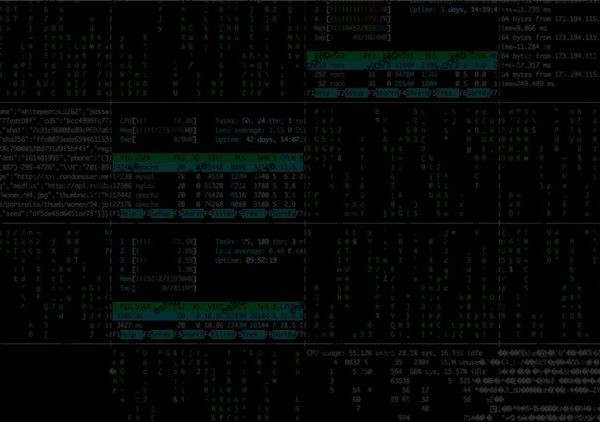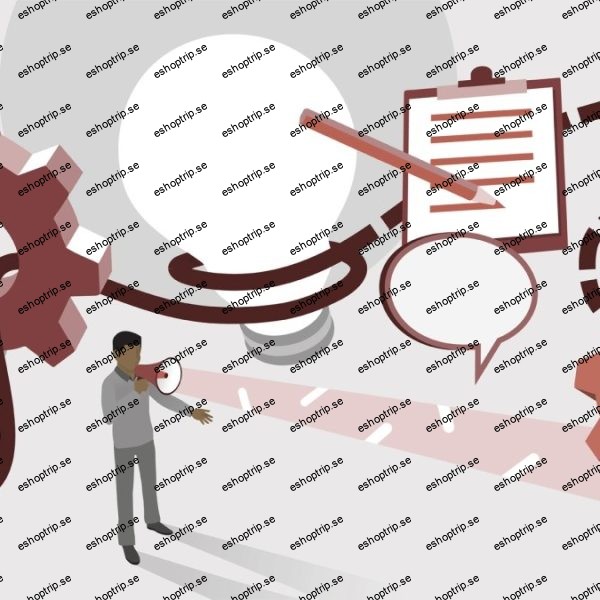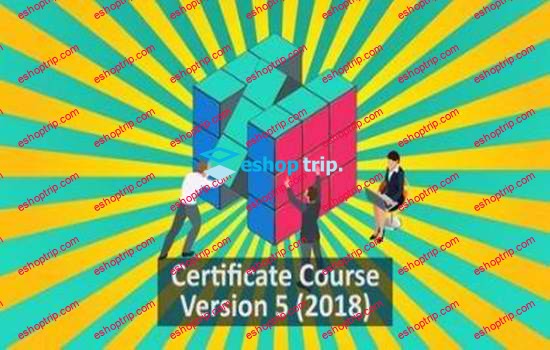Published 10/2024
MP4 | Video: h264, 1920×1080 | Audio: AAC, 44.1 KHz
Language: English | Size: 775.77 MB | Duration: 1h 27m
HR Strategy – Business Goals – Workforce – Talent Management – Performance – Employee Engagement – HR Analytics
What you’ll learn
Fundamentals of HR
Different types of HR Strategies
Techniques of using those strategies for their own good, for the coworkers and the company
Performance and talent management
The roles and responsibilities of an HR manager
Requirements
No requirements needed, other than being interested in HR
Description
This comprehensive course delves into the strategic role of HR management in driving organizational success through careful alignment with business objectives. It begins by exploring the foundations of HR strategy, emphasizing the critical importance of integrating HR initiatives with the company’s overall vision to enhance organizational agility, efficiency, and competitiveness. Participants will gain a deep understanding of strategic workforce planning, including how to accurately forecast workforce needs, analyze talent gaps, and implement effective talent acquisition, segmentation, and retention strategies that ensure the right people are in place to meet evolving business goals.In addition to workforce planning, the course provides in-depth coverage of performance management and employee engagement. Learners will discover how to set and align performance goals with organizational priorities, evaluate employee contributions through appraisal methods, and connect performance to tangible rewards. Emphasis is placed on creating a culture of engagement that drives higher retention rates and improved employee productivity. Participants will also examine the challenges of engagement and explore practical solutions for building a workplace that supports employee well-being and long-term development.The course takes a forward-looking approach to HR analytics, highlighting the growing importance of data-driven decision-making in modern HR practices. Participants will learn how to leverage key HR metrics, such as turnover rates and employee engagement scores, to make informed decisions that improve organizational performance. By exploring predictive analytics, learners will understand how to anticipate future workforce trends, address skills gaps, and reduce turnover. The use of analytics in talent management, compensation, and performance optimization is a major focus, equipping HR professionals with the tools needed to drive strategic impact through evidence-based insights.Ultimately, this course prepares HR professionals to take on a more strategic role within their organizations. By aligning HR initiatives with business objectives and fostering a strategic HR mindset, participants will gain the ability to influence long-term organizational success. The course provides a roadmap for HR leaders to develop and implement initiatives that not only support the company’s goals but also enhance employee satisfaction, retention, and productivity. This holistic approach ensures that HR becomes a key driver of organizational growth, agility, and competitiveness in today’s fast-paced business environment.
Overview
Section 1: Welcome to the course1
Lecture 1 Welcome to the course
Section 2: Comprehensive HR Strategy for Organizational Success
Lecture 2 Introduction to HR Strategy: Definition and Its Strategic Importance
Lecture 3 Aligning HR Strategy with Business Objectives: The Evolving Role of HR from Oper
Lecture 4 Workforce Planning, Talent Management, and Compensation Strategies
Lecture 5 Performance Management, Employee Engagement, and Learning & Development Initiati
Lecture 6 HR Analytics, Data-Driven Decision Making, and Evaluating HR Strategy Implementa
Section 3: Extensive Strategic Workforce Planning: Forecasting, Acquisition, and Implem
Lecture 7 Strategic Workforce Planning: Overview and Importance
Lecture 8 Forecasting Workforce Needs: Demand and Supply Analysis
Lecture 9 Talent Gap Analysis and Workforce Segmentation
Lecture 10 Strategic Talent Management: Acquisition, Retention, and Alignment
Section 4: Strategic Talent Management: Identifying, Developing, and Aligning Talent
Lecture 11 Talent Identification and Development
Lecture 12 Succession Planning and Career Path Development
Lecture 13 Leadership Development and Training
Lecture 14 Aligning Talent with Organizational Goals
Section 5: Optimizing Performance through Goal Alignment, Appraisal, and Development
Lecture 15 Setting and Aligning Performance Goals
Lecture 16 Performance Appraisal Methods and Feedback
Lecture 17 Linking Performance to Rewards
Lecture 18 Performance Monitoring and Development Plans
Section 6: Maximizing Employee Engagement and Retention Strategies
Lecture 19 Understanding Employee Engagement and its Importance
Lecture 20 Methods for Measuring Employee Engagement
Lecture 21 Building a Culture of Engagement and Retention Strategies
Lecture 22 Challenges and Solutions for Employee Engagement
Section 7: Strategic Compensation and Benefits Management
Lecture 23 Compensation and Benefits Overview
Lecture 24 Compensation Framework and Pay Equity
Lecture 25 Linking Compensation to Organizational Goals
Lecture 26 Total Rewards and Talent Attraction
Section 8: Leveraging HR Analytics for Strategic Decision-Making
Lecture 27 Understanding HR Metrics and Their Importance
Lecture 28 Strategic HR Decisions Through Analytics
Lecture 29 Predictive Analytics in HR
Lecture 30 Data-Driven HR Strategies
Section 9: Achieving Business Success through Strategic HR Alignment
Lecture 31 Integrating HR Strategy with Business Goals
Lecture 32 The Importance of HR-Business Alignment
Lecture 33 HR’s Role in Organizational Change
Lecture 34 Developing a Strategic HR Mindset
Section 10: Thank you for your participation!
Lecture 35 Thank you for your participation
Anyone interested in pursuing a career in HR Department
Homepage










